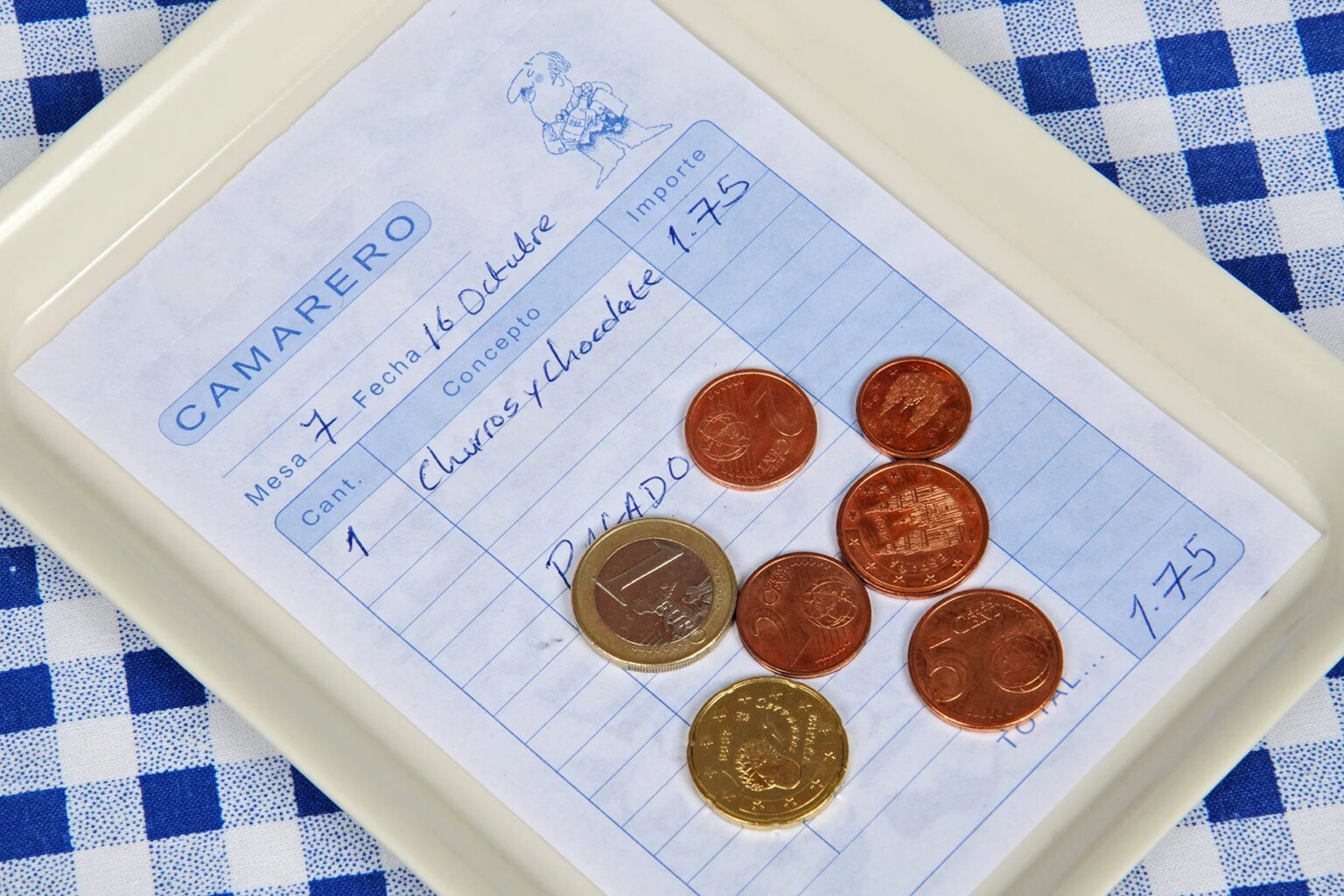Invoicing in Spanish may not always be like what you’re used to. For starters, issuing credit notes as a negative invoice does not comply with Spanish legislation.
Most people who have been in business for a while believe they know everything about producing a sales invoice. However, it is surprising how many companies do not meet the minimum requirements.
Let’s dive in:
- What to include on an invoice in Spain
- What needs to be included in the full details of supplier and customer on a Spanish invoice?
- Personal details (for an individual, not a company)
- Company details
- Should VAT be applied to all invoices in Spain?
- The confusion over credit notes
- What documents will be accepted for tax purposes?
What to include on an invoice in Spain
When invoicing in Spain, make sure you include the following information as a minimum:
- Full details of the supplier
- Full details of the customer
- Date
- Sequentially numbered reference which should follow the date order
- Details of goods or services provided
- Amount chargeable for goods or services
- Breakdown of VAT if applicable
- Tax rate and liability

Head of Operations, Xolo
Irina García
Insider Tip: Invoice dates
In Spain, the invoice date should always reflect when the service was provided. Create invoices after completing the service and if you receive advance payments, you must issue a separate invoice for each payment.
In addition to the above information, we recommend that you take the opportunity to state your terms and conditions on your Spanish invoice. Including method of payment and credit terms on each invoice ensures there is no confusion and helps achieve prompt payment.
If you have legal or logistical questions about creating invoices in Spain, you can meet with a civil law consultant online through Entre Trámites.
What needs to be included in the full details of supplier and customer on a Spanish invoice?
Personal details (for an individual, not a company)
- First name and surname or last name
- Address
- DNI or NIE number
Company details
- Company name
- Address
- CIF number
- Mercantile details (ledger, book, and page) of the registration of the company.
Should VAT be applied to all invoices in Spain?
No. If you trade within the European Union, and your clients are VAT registered in their country of origin, you may under certain circumstances not charge Spanish VAT on your supply. Always confirm with your accountant whether your supply of goods or services is subject to Spanish VAT. Should VAT not be applicable on your supply on European transactions, then your invoice in Spanish must clearly make reference to the VAT article applicable for such treatment under Spanish VAT legislation. See our guide to taxes in Spain for more information on VAT in Spain.
The confusion over credit notes
Issuing credit notes as a negative invoice within the normal sequential system of a business is common practice, but it does not comply with Spanish legislation.
Current legislation states that credit notes should have the title of ‘Factura Rectificativa’. These correcting invoices should follow their own referencing system and not be part of the normal invoicing system.
If you issue a credit note to correct or eliminate an incorrect invoice, then the corrective invoice in Spanish should be positive and simply be the corrected version of the original wrong invoice. Credit notes should also make reference to the original invoice to which they relate, whether to cancel it or simply correct it.
What documents will be accepted for tax purposes?
Unlike in the UK, only invoices or credit notes that meet the legal requirements are valid for claiming tax relief and VAT refunds. The following proofs of purchase are not acceptable for tax purposes:
- Delivery notes (Albaranes)
- Receipts (Tickets)
- Orders (Pedidos)
- Quotations (Presupuestos)
- Draft invoice (Factura Proforma)
Remember this when you are purchasing items for the business, as you can request invoices from all suppliers including supermarkets, restaurants, and other entities that usually give receipts. This is a legal requirement and you may ask for an invoice at the time of purchase, or request one at a later date by presenting your receipts.







